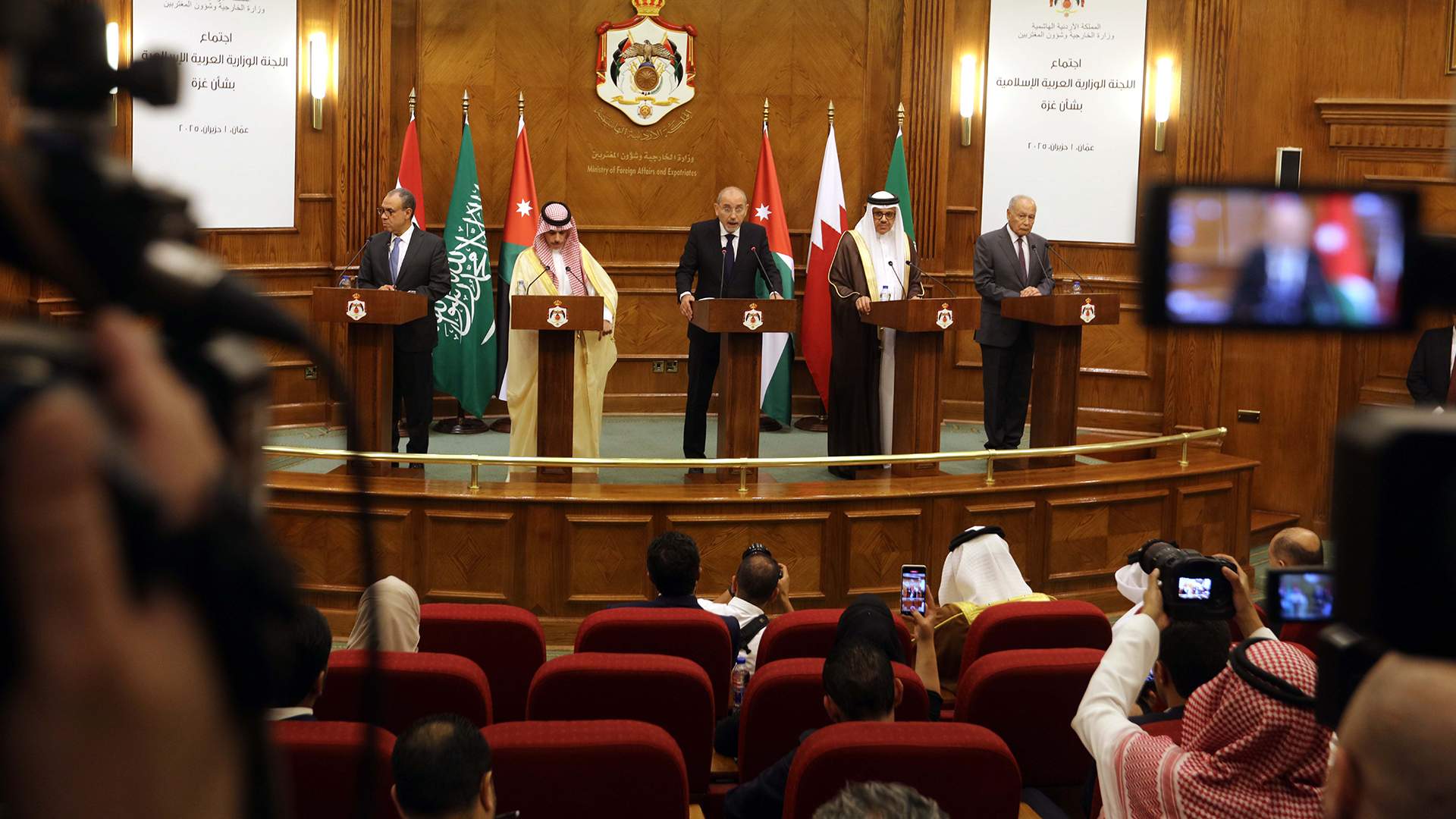Stop negotiations: Palestine accused Israel of attacking the autonomy authorities

Fatah, the largest Palestinian faction, regards Israel's refusal to allow Arab foreign ministers to enter Ramallah as an attack on the Palestinian authority. This was stated to Izvestia by the representative of the movement Abdel Fattah Al-Dawla. The Jewish state has refused entry to the territories of Palestine to the foreign ministers of Saudi Arabia, Egypt, the United Arab Emirates, Jordan and several other countries. Ahmad Majdalani, a member of the PLO executive Committee, noted that Israel had not provided any explanation for its refusal. An Israeli source told Izvestia that the ministerial meeting was an attempt to impose the creation of a Palestinian state on the country, which "will inevitably become a terrorist springboard."
Why didn't Israel let ministers into Palestine
Ramallah called Israel's decision to ban the visit of the Arab-Islamic delegation an attempt to isolate Palestine and undermine the political status of the national administration. Fatah believes that this is a direct attack on the Palestinian Authority.
— Fatah considers these actions as a direct attack on the legitimate Palestinian leadership and the Palestinian National Authority (PA). This is a blatant violation of its sovereign status and the bilateral relations that bind it to the Arab and Islamic world," Fatah movement spokesman Abdel Fattah Al-Dawla told Izvestia.
The foreign ministers of Saudi Arabia, Egypt, Jordan, the United Arab Emirates, Bahrain, Turkey and Qatar were scheduled to meet with Palestinian Authority President Mahmoud Abbas in Ramallah on June 1. It was planned that they would fly to Ramallah by helicopter from Jordan. It was supposed to be the first visit by a Saudi foreign minister to Palestine since 1967, when Israel established control over the West Bank. Since Israel retains control over the borders of the West Bank, the admission of delegations to the territory of Palestine requires the consent of the Israeli authorities. It was this control mechanism that actually allowed the session to be blocked.
According to Abdel Fattah Al-Dawla, this move by the Israeli authorities reflects their desire to suppress any manifestation of the legitimacy of the Palestinian leadership and disrupt international efforts aimed at ending hostilities in Gaza and restoring the political process.
According to information provided by an Israeli source to Izvestia, Israel explains its refusal to allow the delegation by saying that, according to the country's authorities, the Palestinian Authority continues to conduct subversive activities, systematically violates previously signed agreements with Israel and refuses to condemn the massacres committed on October 7, 2023 by Hamas fighters.
— An attempt to hold a demonstrative meeting of Arab foreign ministers in Ramallah in order to impose the creation of a Palestinian state on Israel is not a path to peace, but a path to the legalization of terror. The state that will arise in these conditions will inevitably become another terrorist foothold in the very heart of the Land of Israel," the source said.
Also, as the Izvestia source notes, Israel does not intend to participate in processes that, in its opinion, pose a threat to the country's security and contradict the interests of Israeli citizens.
Fatah is convinced that the Jewish state is trying to stop any form of coordination between Palestine and Arab countries, especially those that could lead to international pressure to stop the military operation in Gaza.
— The Israeli decision did not provide any justification or explanation for the entry ban, as well as the decision itself. It is absolutely clear that this was a political decision within the framework of pressure and blockade of the Palestinian National Authority in order to undermine it," Ahmed Majdalani, a member of the executive committee of the Palestine Liberation Organization (PLO), told Izvestia.
Normalization of relations between Israel and Saudi Arabia is under threat
According to the Palestinian official, the delegation's visit was agreed in advance as part of the decisions of the joint Arab-Islamic summit held in Riyadh in November 2023. The committee, headed by Saudi Arabia's Foreign Minister Faisal bin Farhan Al Saud, held consultations on key issues: a cease-fire in Gaza, humanitarian aid and the resumption of the political process leading to the end of the occupation and the creation of a Palestinian state.
"The committee was supposed to visit Palestine and meet with President Mahmoud Abbas on June 1, but Israel prevented the entry of the foreign ministers of Saudi Arabia, Egypt, Jordan, the United Arab Emirates and the Kingdom of Bahrain," Majdalani said.
Arab countries, including Saudi Arabia, have already expressed dissatisfaction with Israel's actions. The Saudis called the refusal to allow their delegation to enter Ramallah a confirmation of the radical position of the Jewish state and a rejection of any attempts at a peaceful settlement.
Recall that in September 2024, the Edioth Ahronoth newspaper reported that the Israeli government did not allow PA President Mahmoud Abbas to visit the Gaza Strip, although the Palestinian leader openly stated his intention to visit the exclave.
Tensions in Israel's relations with Arab countries have increased markedly since the outbreak of the war in Gaza. And the current incident may finally bury hopes for normalization of relations between Israel and Saudi Arabia.
Despite Israeli officials' statements that an agreement is possible, Riyadh has repeatedly stressed that any talks about normalizing relations with Israel are impossible without concrete steps towards the creation of a Palestinian State. The Palestinian side has already appealed to the League of Arab States and the Organization of Islamic Cooperation to urgently discuss the incident.
Переведено сервисом «Яндекс Переводчик»







